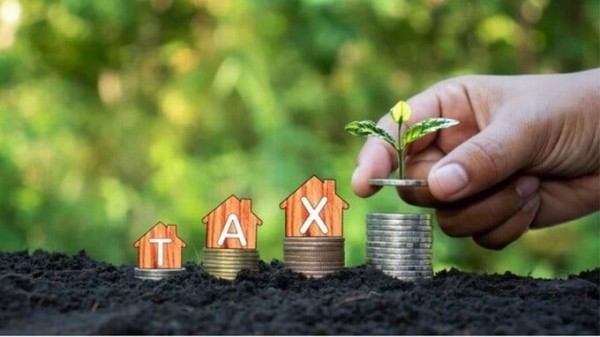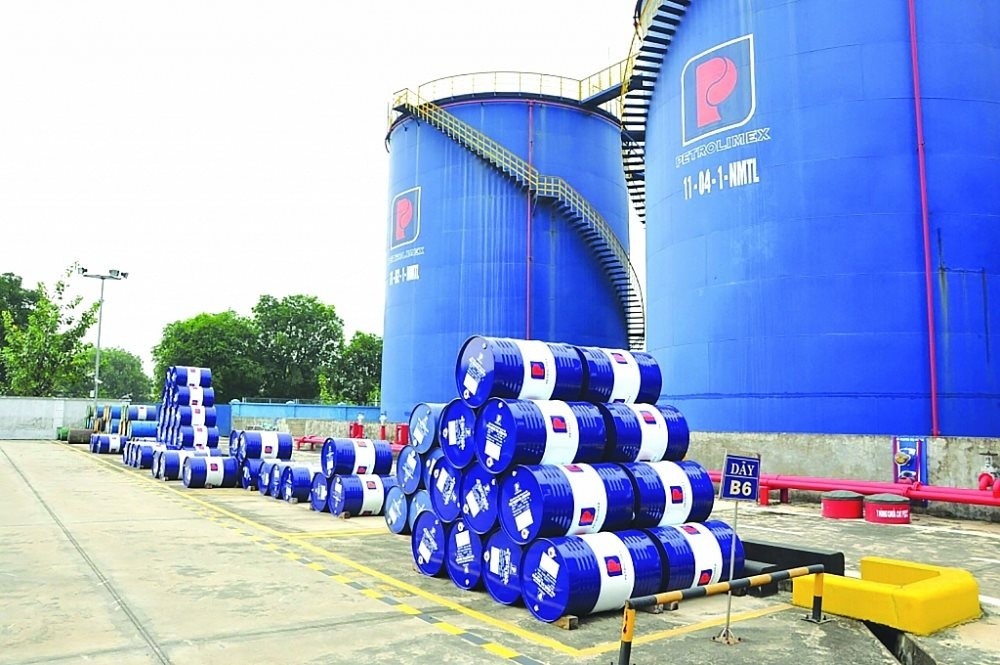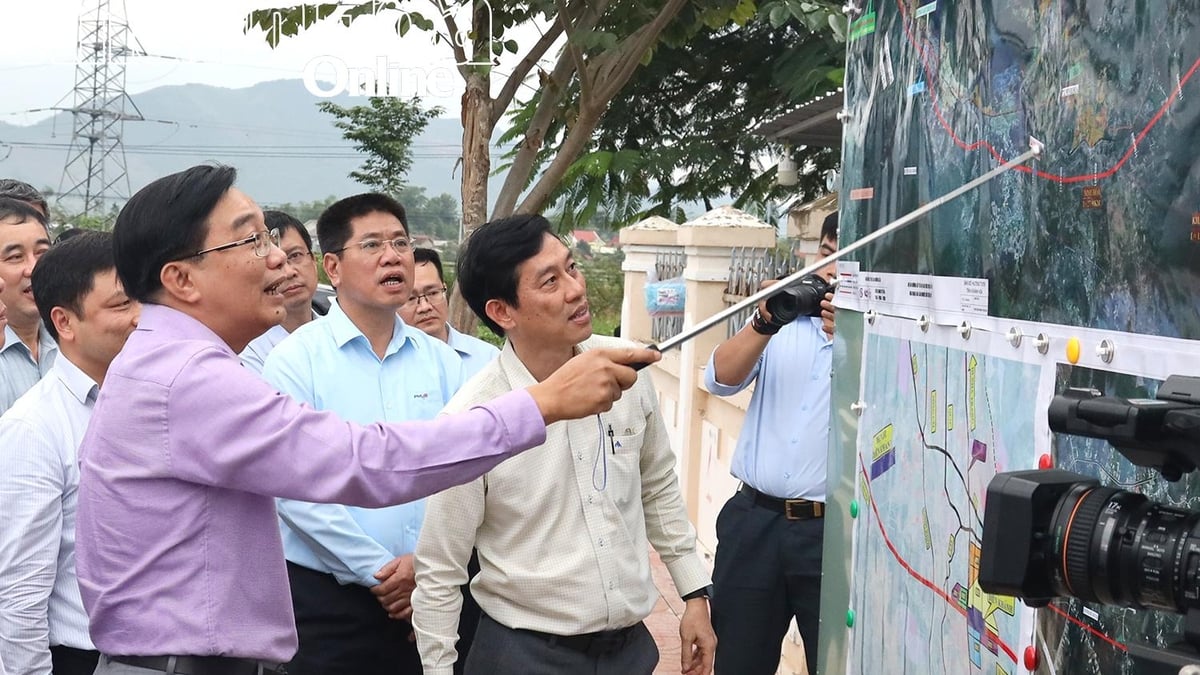Accordingly, the tax rate in 2026 is proposed to remain low, equivalent to 50% of the current maximum ceiling, before increasing again from 2027.

Keep taxes low through 2026 to support recovery
According to the draft, the Ministry of Finance proposes that in 2026, the environmental protection tax on gasoline (except ethanol) will be VND2,000/liter - only half of the ceiling of VND4,000/liter stipulated in Resolution 579/2018 of the National Assembly Standing Committee. Similarly, the tax on diesel, fuel oil and lubricants will be kept at VND1,000/liter; kerosene at VND600/liter; and grease at VND1,000/kg.
A notable point in the proposal is that the environmental protection tax on jet fuel will increase from the current VND1,000/liter to VND2,000/liter in 2026, double the current rate.
Explaining this proposal, the Ministry of Finance said that keeping taxes low in 2026 is to reduce pressure on input costs for production, create favorable conditions for businesses to recover, and contribute to controlling inflation. This is a necessary step in the context of the economy still facing many risks from both domestic and international sources.
Starting from January 1, 2027, the Ministry of Finance proposed to re-apply the maximum environmental protection tax rate according to Resolution 579. Specifically: Gasoline (except ethanol): VND 4,000/liter; Aviation fuel: VND 3,000/liter; Diesel oil, fuel oil, lubricants, grease: VND 2,000/liter or kg; Kerosene: VND 1,000/liter
This tax rate was approved by the National Assembly before the COVID-19 pandemic, but has been sharply reduced in the 2020-2023 period to support the economy. According to the Ministry of Finance, when the economy recovers more stably, restoring this tax rate is necessary to increase budget revenue, while achieving the goals of environmental protection, reducing greenhouse gas emissions and transitioning to a low-carbon economy.

Impact on businesses and economic sectors
Assessing the proposal of the Ministry of Finance, economic expert Nguyen Thuong Lang said that the new environmental protection tax policy will have a clear impact on a number of industries that use a lot of fuel, especially transportation, logistics and aviation.
“In 2026, the road transport and logistics industry will benefit from low diesel taxes, which will help reduce transportation costs. However, from 2027, when taxes double, businesses will face greater pressure on operating costs,” Mr. Lang said.
For the aviation industry, increasing jet fuel taxes from 2026 will significantly increase operating costs. This could reduce competitiveness, especially in the context of volatile global fuel prices and uncertain demand recovery.
From a budget perspective, maintaining low tax rates in 2026 continues to demonstrate a policy to support economic recovery after the pandemic. However, it also means reducing state budget revenues. Therefore, the roadmap to increase taxes again from 2027 is considered a necessary step to consolidate financial resources for public spending, social security and sustainable development goals.
According to experts, this proposal for environmental protection tax shows the management agency's efforts to balance the short-term goal of supporting economic recovery with the long-term goal of sustainable finance and green transformation.
However, the sharp tax increase from 2027 also poses significant challenges. “Without careful preparation, a sudden tax increase could create a cost shock for businesses and inflationary pressure on consumers. Therefore, a clear communication roadmap, policies to support technology conversion, fuel economy, and accompanying financial incentives are needed to minimize negative impacts,” Mr. Nguyen Thuong Lang recommended.
Currently, the draft resolution is being published by the Ministry of Finance to solicit comments from ministries, sectors, businesses and the public. The Ministry of Finance recommends that the business community proactively develop appropriate financial plans for both periods - before and after 2027 - to cope with changes in tax policies.
At the same time, businesses are encouraged to contribute their opinions so that when policies are issued, they are both feasible and harmonize the interests of the State, businesses and people. Proactively adapting to tax changes is not only a cost issue, but also a driving force for businesses to increase investment in green technology and improve long-term competitiveness.
Source: https://baolaocai.vn/de-xuat-giam-50-thue-bao-ve-moi-truong-voi-xang-dau-den-het-nam-2026-post649381.html




























![[Photo] National Assembly Chairman attends the seminar "Building and operating an international financial center and recommendations for Vietnam"](https://vphoto.vietnam.vn/thumb/1200x675/vietnam/resource/IMAGE/2025/7/28/76393436936e457db31ec84433289f72)








































































Comment (0)